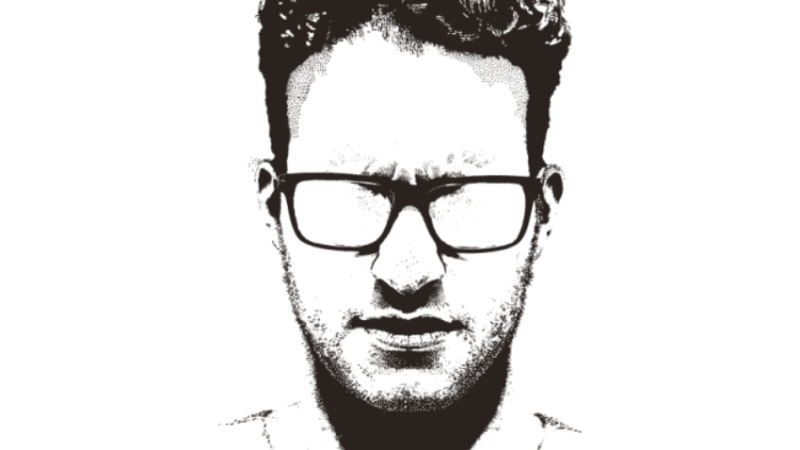Knowledge is Power – and Depriving our Most Vulnerable Young People of Access to it in Schools is a Shameful Betrayal

All too often the experience of children from families of lower socioeconomic status is that they are penalised for not knowing what their more-affluent peers know

- by David Didau

The world is not a fair place. Some children are born into advantage; others are not.
Many children in many schools have been raised in an environment where there is access to books, where their parents value reading and education, where there are middle class dinner table conversations about current affairs and abstract concepts.
Such young people have an educational advantage from the start – this wealth of cultural capital that is their birthright means that ultimately, it doesn’t matter too much how or what we teach them; the stuff of school will stick, and they will most likely be fine.
Many children in many schools, however, do not share these advantages. Their parents may be need to work two jobs because they’re so poorly paid and just aren’t around to read stories and chat about politics.
Maybe their parents grew up in the same kind of disadvantaged circumstances and found school an alien, threatening place. Perhaps they have passed on their suspicion of education and will struggle to help their offspring overcome struggles they may face in school.
The experiences these youngsters take to school may help them survive in the neighbourhood they live in, but are less likely to help them relate to an academic curriculum, and so they find it harder to learn. How and what these children are taught is essential if they are to have any agency or choice in the lives they go on to live.
It’s what you know
This is the Matthew Effect. So named after Jesus’s observation that, “For unto every one that hath shall be given, and he shall have abundance: but from him that hath not shall be taken away even that which he hath.” Advantage begets further advantage and disadvantage results in ever greater disadvantage over time.
We’re well aware of the gap between the academic performance of children from different social backgrounds, and great efforts have been made to close it.
Schools are given ‘pupil premium’ budgets to spend in order to ensure those who begin life with greater social disadvantage do not become further disadvantaged by their time in school – and by and large, these efforts fail.
All too often the experience of children from families of lower socioeconomic status, is that they are penalised for not knowing what their more affluent peers know.
What’s often perceived as a difference in children’s ability is actually a difference in the quality and quantity of what they know. If you don’t know something, you can’t think about it. And the more you know about a subject, the easier it is to learn more.
Clear evidence
The best way to address a knowledge gap is to ensure that those who know least are given access to the most powerful and culturally rich knowledge in as carefully sequenced and systematic way as possible in order to get them to the same place as their more privileged peers.
Instead, we disproportionately crowd ‘bottom sets’ with poorer children and teach them less challenging material at a slower pace, ensuring that if they were not less able beforehand, the certainly become so as a result of their experiences in school.
For children from affluent backgrounds, school is merely the icing on the cake. It’s more or less a luxury and whatever happens there won’t make much difference to their long-term outcomes.
But for others, school is the only environment in which they’re likely to find those with the necessary combination of opportunity, inclination and expertise to do anything about all this.
If we leave their education to the vagaries of whim or fad, we will ensure the most disadvantaged are further disadvantaged by our selfish desire for professional autonomy and creative freedom.
Increasingly, there is good evidence both from educational research and cognitive science that what is most likely to benefit children is access to an academic curriculum taught using explicit instruction.
By ignoring or disregarding such direction, we betray the needs of the young people who need us most.
David Didau is an independent education consultant and writer. He blogs at learningspy.co.uk.











